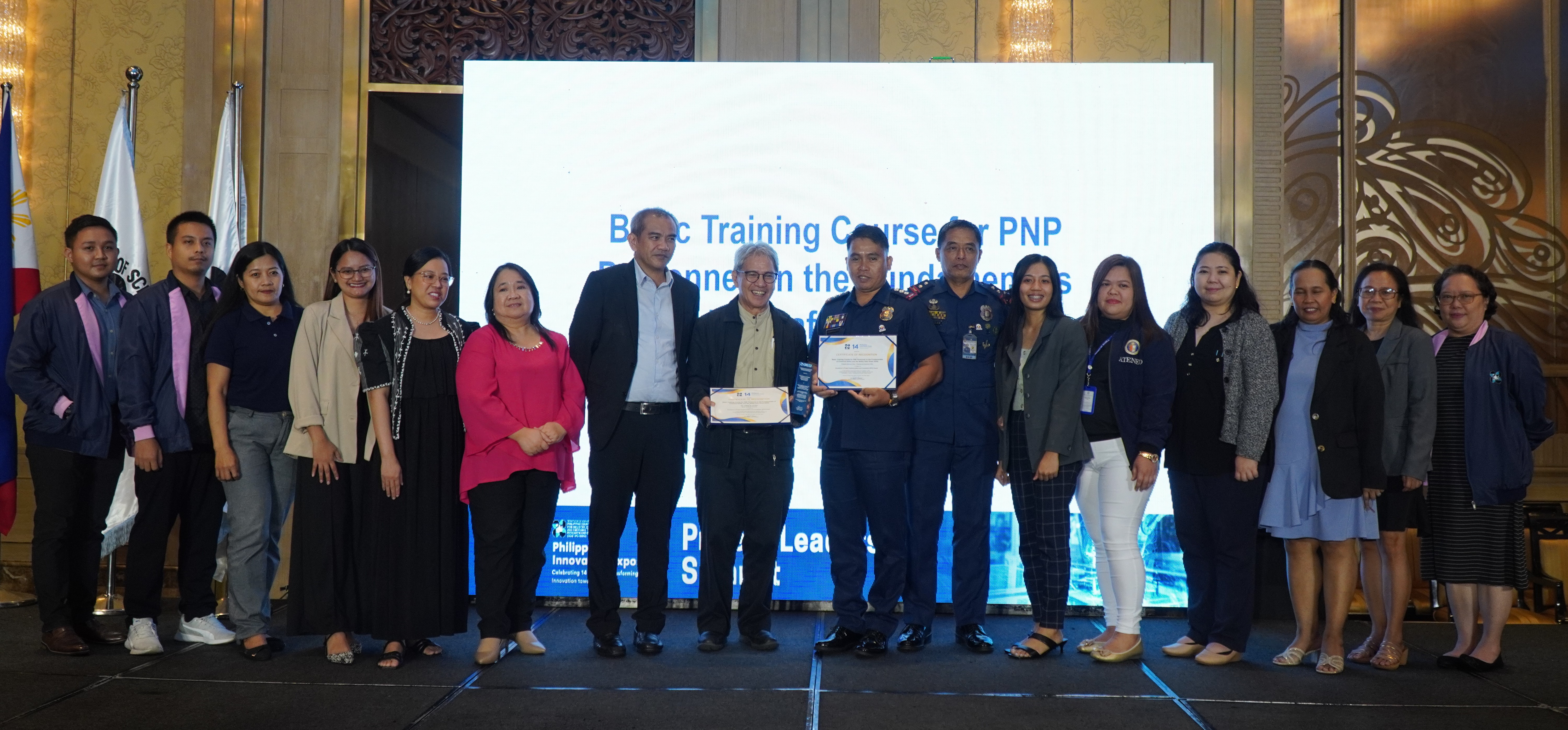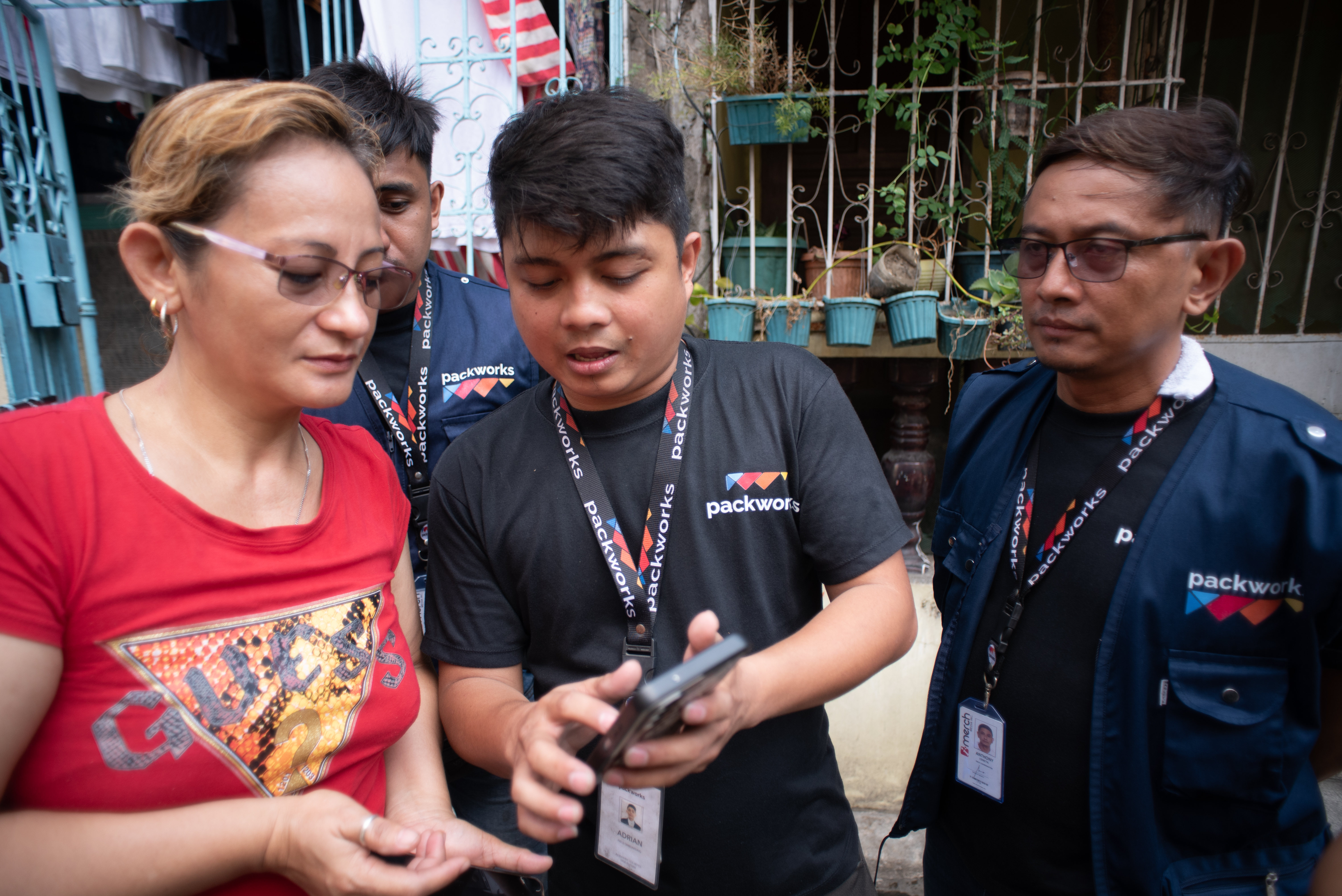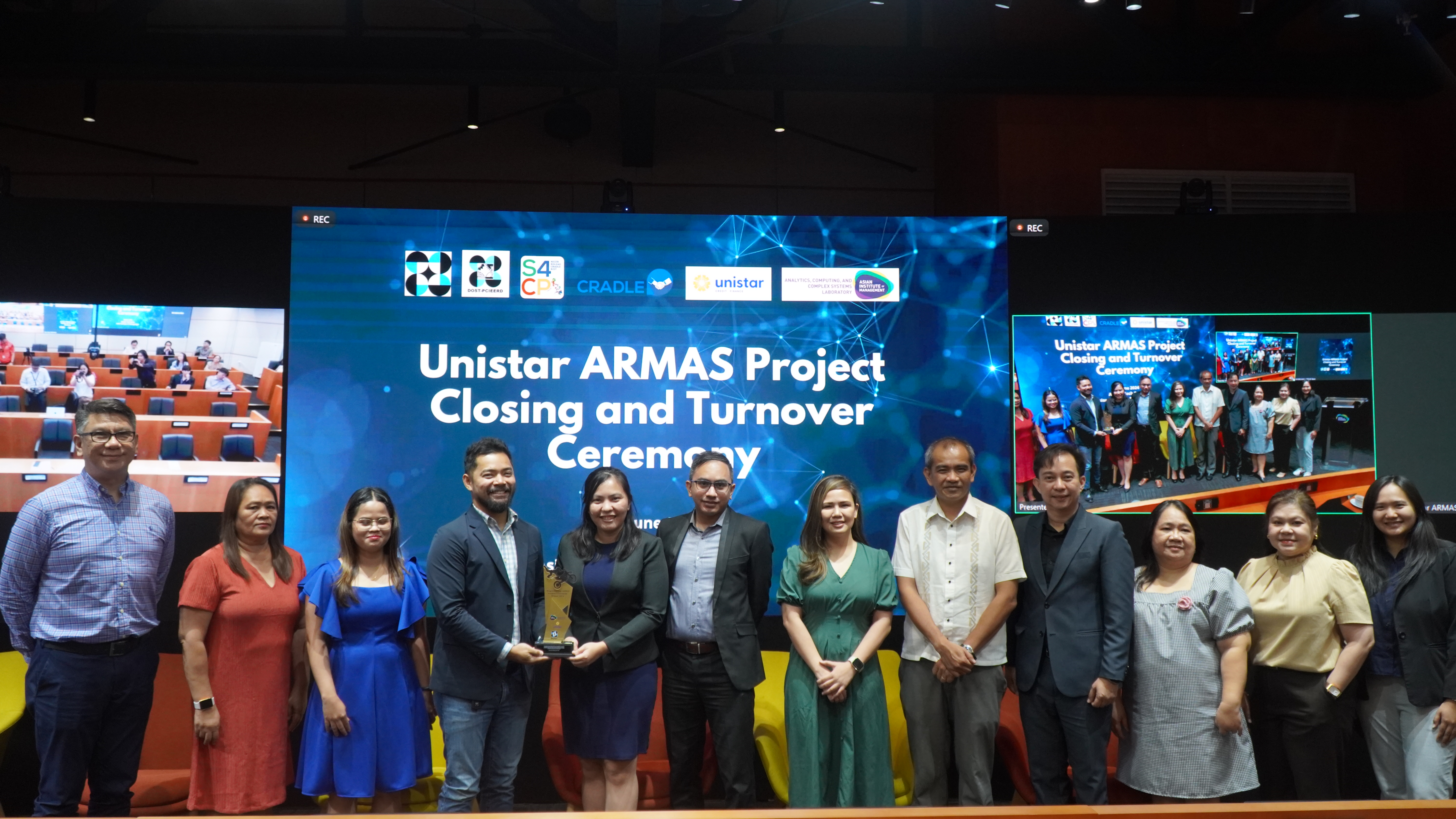From lowly rocks, a Balik Scientist of the Department of Science and Technology (DOST) developed a filter that can sift harmful chemicals in the air.
Valenzuela City, as of 2017, has over 200 plastic and rubber manufacturing companies operating within the city. Emissions coming from these large factories and their recycling plants are alleged to cause residents nearby to develop health concerns, particularly pulmonary problems.
Dr. Ramuel John I. Tamargo, who finished his postgraduate studies at the Yeugnam University in South Korea, developed an air filter that can absorb volatile organic compounds and other harmful gases common in plastic manufacturing plants.
In his stint as a Balik Scientist, Dr. Tamargo developed AirSAVER or Air Purification using Sustainable Aluminosilicate for Valenzuela Environmental Remediation which he envisions to improve the lives of people living around industrial areas.
DOST Secretary Dr. Renato U. Solidum, Jr. expressed hope that these air filters be used by industry players to improve the health of their workers as well the communities.
The air-saving device. After completing his doctoral studies at Yeugnam University in South Korea, Dr. Ramuel John I. Tamargo created an air filter that can capture hazardous gases and volatile organic compounds that are frequently found in plastic production facilities.
“We look forward to the day that these air filters be ubiquitous in the operations of our manufacturing industry. We thank Dr. Tamargo for sharing his brilliant idea and bringing it into fruition,” he said.
The air filter was developed under the Niche Center in the Regions (NICER) for R&D Program in 2021, the project is being monitored by the DOST Philippine Council for Industry, Energy and Emerging Technology (DOST-PCIEERD).
AirSAVER is developed from locally sourced natural zeolite which occurs both in volcanic rocks and sedimentary rocks. It is commonly used to remove heavy metals and other pollutants from water.
Dr. Ramuel John I. Tamargo on his series of lectures and presentations to the Valenzuela manufacturing industries as he shared about the air filter invention
Aside from being used as water purification agent, zeolite has other wide range of applications.
In his project, Dr. Tamargo utilized and developed this material into a fixed bed filter installed in plant industries' exhaust system to filter air emissions.
It targets Volatile Organic Compounds (VOCs) and other harmful gases produced by plastic manufacturing plants in Valenzuela City.
DOST-PCIEERD Executive Director Dr. Enrico C. Paringit urged Filipino scientists to follow Dr. Tamargo’s example and help in infusing fresh ideas in the scientific community through the Balik Scientist Program.
“We hope more of our kababayans follow suit and return to the Philippines to help our scientific community flourish. DOST is ready to open opportunities for our Balik Scientists,” he said.








